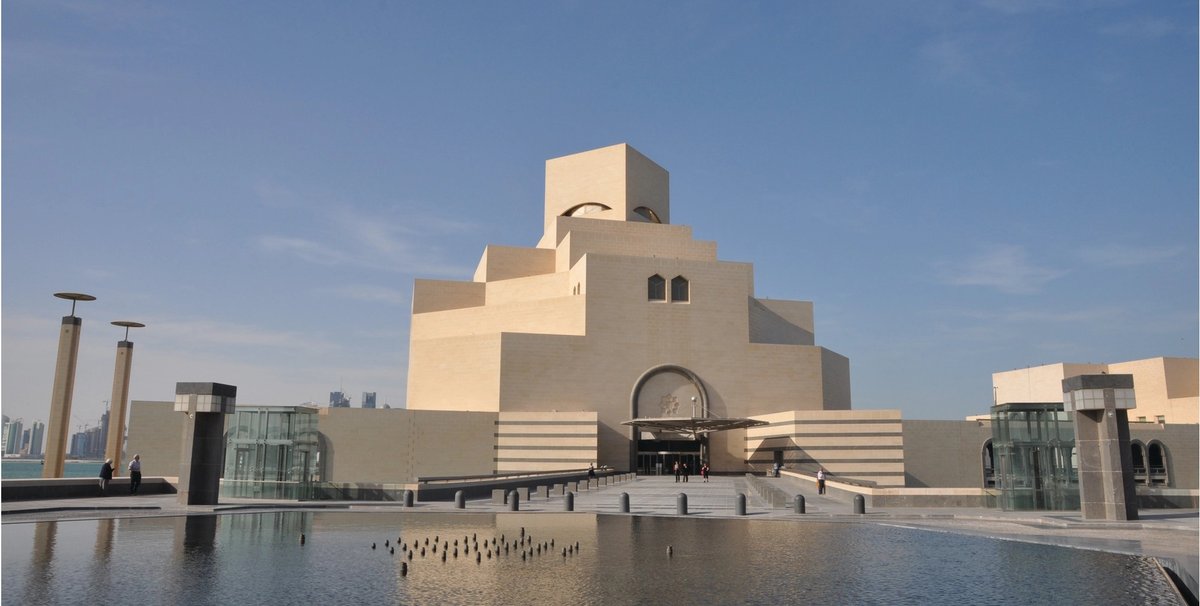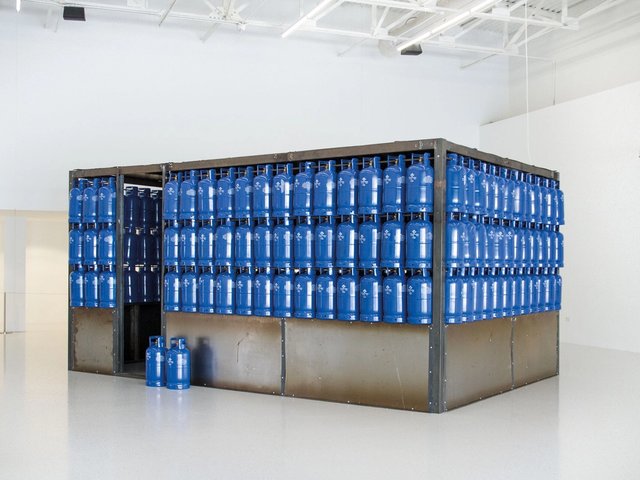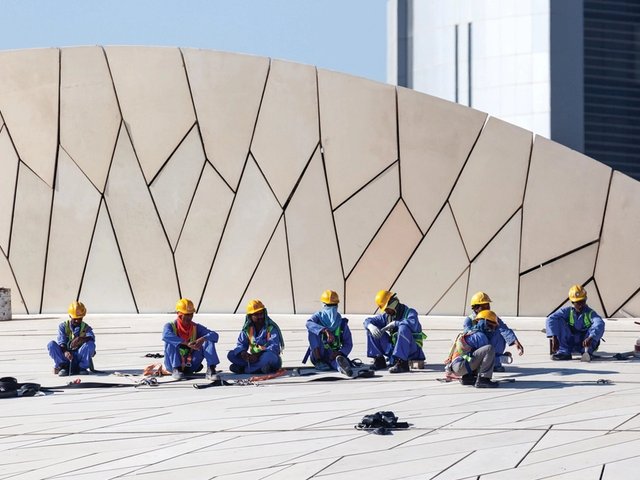The diplomatic crisis in the Middle East, which has resulted in the partial blockade of Qatar, is likely to destabilise cultural institutions and partnerships in the region. Saudi Arabia, Bahrain, the United Arab Emirates and Egypt have cut off ties with the oil- and gas-rich state, accusing it of supporting terrorism. “These countries have banned everything from Qatar,” says Mohamoud Abdalla Mohamed, of Sotheby’s Doha office. “I am sure the situation will affect cultural relations.”
Edward Gibbs, Sotheby's chairman Middle East, stresses, however, that "historically at times of unrest in the region our business has not been effected. In fact, we have seen a growth in the level of transactions from our Middle East clients at such times." Gibbs adds: "artistic and cultural endeavours have very much transcended the politics of the region".
The Gulf allies have criticised Qatar for supporting the Muslim Brotherhood, an Islamist group considered a terrorist organisation. Libya, Yemen and the Maldives have also joined the diplomatic boycott. Qatari officials have repeatedly denied the allegations.
“The diplomatic crisis will affect exhibitions as no art from Qatar can be exhibited in these Gulf countries right now. If anyone bought anything in Qatar—not only art works—it would not be easy to export to these countries either,” Mohamed says. The state-run Qatari museums, including the Museum of Islamic Art and Mathaf Arab Museum of Modern Art, have historically good cultural relations with both public and private institutions in neighbouring Middle Eastern countries and have often collaborated.
The Egyptian artist Basim Magdy currently has a solo show at Mathaf (until 16 July) and the recently closed exhibition of Dia Azzawi’s retrospective included many loans from the collections of the Sharjah-based Barjeel Art Foundation and the Riyadh-based Kinda Foundation. The Mal Lawal exhibition, which Qatar hosts every two years, brings together regional private collections to demonstrate the shared heritage of the region.
However, another arts professional working in Doha says that the close family and cultural ties across the region cut across regional politics. “If political relations were severed for any period of time, the close family connections across the region would act as a continued link,” she says. “It is too early to predict impact on cultural cooperation initiatives—at the moment everything is continuing as normal.”
President Trump has thrown his weight behind the diplomatic freeze, tweeting that he hopes severing links with Qatar will bring about “the beginning of the end to the horror of terror!” Associated Press reports that the UAE is threatening up to 15 years in jail for anyone who expresses sympathy for Qatar on social media.
Meanwhile, Etihad Emirates, Fly Dubai and Gulf Air have halted all flights in and out of Doha, which is likely to affect visitor figures to cultural institutions. The closing of ports and roads to and from the boycotting countries is also expected to interrupt Qatar’s many construction projects, including the recently-announced Art Mill designed by Alejandro Aravena and Jean Nouvel’s National Museum of Qatar.
Government-run institutions in Qatar and the boycotting countries are meanwhile reluctant to comment on the crisis. “This is a question for the government rather than Qatar Museums,” a representative from the state organisation says. The Bahrain Authority for Culture and Antiquities also declined to comment.
Update: this article has been updated with Edward Gibbs's comments and corrected after Sotheby's informed us that its employee in Doha, Mohamoud Abdalla Mohamed, was expressing his opinions and not speaking on behalf of the company.




